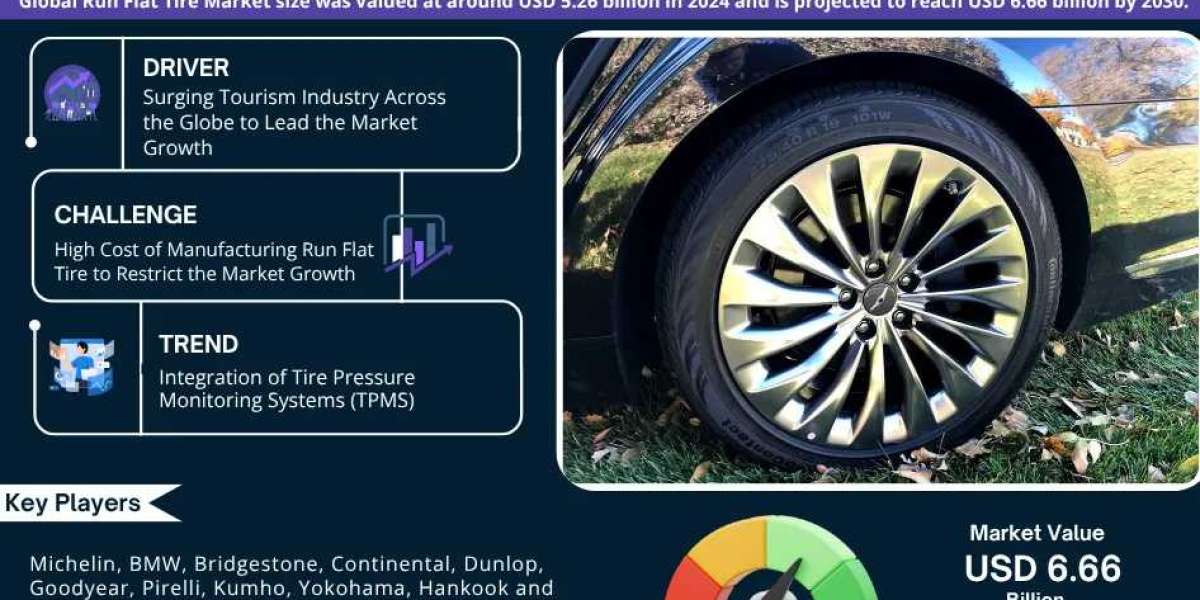Regulatory Framework for Pharma Wholesalers :
Pharmaceutical wholesale businesses in Uttar Pradesh are regulated under the Drugs and Cosmetics Act, 1940, and the Drugs and Cosmetics Rules, 1945. The most essential compliance for wholesalers is obtaining a Drug Wholesale License from the Drugs Control Department of Uttar Pradesh. This license allows them to procure, store, and distribute pharmaceutical products legally.
There are primarily two categories of wholesale licenses:
Form 20B – for general drugs.
Form 21B – for restricted drugs such as Schedule X substances.
Failure to obtain or renew these licenses can lead to legal penalties, suspension of operations, and reputational damage.
Key Compliance Requirements
To obtain a Drug Wholesale License, wholesalers must fulfill several conditions:
Premises: A clean, ventilated space with proper storage arrangements, including refrigeration for temperature-sensitive drugs.
Qualified Personnel: A competent person with a degree/diploma in pharmacy or equivalent qualification must supervise operations.
Documentation: Regular maintenance of invoices, stock registers, batch records, and supplier/customer details is mandatory.
Labeling Packaging: All drugs must be properly labeled in accordance with the Drugs Rules.
GST Registration and, in some cases, FSSAI License (if dealing with nutraceuticals or health supplements).
In addition, the Drugs Control Department conducts routine inspections to ensure compliance with storage, record-keeping, and labeling norms.
Growing Scrutiny and Digitalization
Over the past few years, there has been increased scrutiny of pharmaceutical distribution, especially after the pandemic highlighted the importance of drug quality and supply chain traceability. The government is also pushing for digital record-keeping and e-licensing systems to improve transparency. Wholesalers are expected to adapt quickly by integrating compliant software solutions for inventory and sales tracking.
Role of Agile Regulatory
For wholesalers looking to start or regularize their pharma business in Uttar Pradesh, Agile Regulatory provides end-to-end consulting support. From documentation and application filing to coordinating with the Drugs Control Department, Agile Regulatory ensures a smooth and compliant licensing process. With a deep understanding of the local regulatory ecosystem and a team of experts, the firm helps pharma businesses meet all legal obligations without hassle. Whether it's applying for Form 20B/21B, updating licenses, or handling renewals, Agile Regulatory simplifies the compliance journey for wholesalers.
Conclusion :
In the ever-evolving pharmaceutical landscape of Uttar Pradesh, regulatory compliance is not optional—it’s essential. Wholesalers serve as the backbone of medicine distribution, and adhering to the law not only protects public health but also secures long-term business sustainability. By partnering with experienced compliance professionals like Agile Regulatory, pharma wholesalers can focus on growth while staying fully aligned with legal and operational standards.








